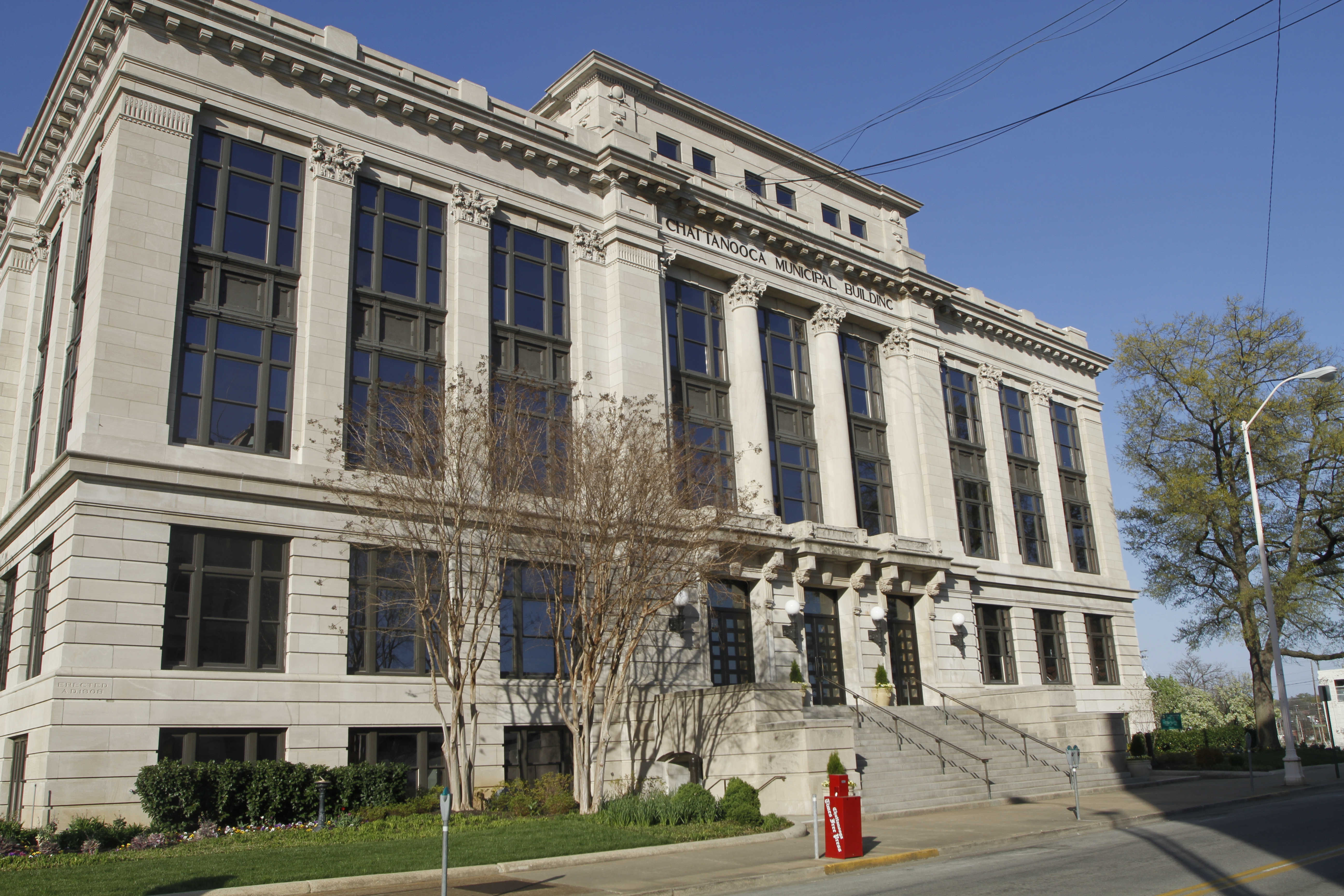Before the City Council stands a proposal that homosexuals and their sympathizers insist is simply about equal pay for equal work. Taxpayers should be glad to award spousal benefits to employee's gay partners; doing so will improve the quality of the work force and be fair to gays, whom otherwise are disallowed from receiving benefits as might husband and wife.
But the proposal is a novelty. Coming in a state that has passed a constitutional amendment recognizing marriage, the Chattanooga gay benefits ordinance brings council members not into an egalitarian port, but against the hazards of reef and cliff.
The plan brings the municipal corporation into a troubling position, that of enabler and principal in sexual unions. The ordinance envisions the city's becoming the active partner in a three-way legal partnership. The city proffers an affidavit of domestic partnership that "creates a domestic partnership when signed by the city employee and the domestic partner," the ordinance says. Without the document and signatures, there is no union, gay or otherwise. But with the city's enabling authority, a civil union -- poof! -- is brought into being. Patrick works in the motor pool, and partner Trevor joins the taxpayer dole as an insured.
Does a municipal corporation such as Chattanooga enjoy such creative authority? Short answer: No.
Chattanooga operates upon the authority granted by its creator, the General Assembly. Its constitution is its charter, the definer of its powers, the limiter of its council members' ambitions. No Tennessee city has a privilege or immunity that it can evoke against either the federal or the state government. Its powers are readily altered by the state. If a city exercises a power and there's any reasonable doubt it has such power, courts will resolve against the city and its flexing of that stolen muscle. Acts by a city beyond its power are, simply, void. Courts since the 1880s have ruled that municipal powers are to be strictly construed. The legislature's mandate for Chattanooga grants city leaders no means to create civil unions or domestic partnerships as a legal category.
Even if it did, city attorney Wade Hinton's ingenuity seems thwarted by another consideration, one overshadowing the River City debate. Tennessee is a pro-marriage state, its people having passed a marriage protection amendment in 2006. The people and their representatives intend to protect marriage, whether from attack by flank (gay marriage) or from beneath (domestic partnerships). An ordinance that defies the spirit of the law as much as the letter of it may be declared unconstitutional.
Finally, taxpayers are best served when a city acts to serve a public purpose, not a private one. The charter calls for such a perspective. Benefits to nonmarried intimates of city staffers are a form of private inurement. The city charter takes an interest in public morality and established order -- it ordains suppression of disorderly houses, for example. It doesn't allow for the city to define marriage downward by ignoring it.
David Tulis hosts Nooganomics.com, a show on Copperhead 1240 AM that covers local economy and free markets.

